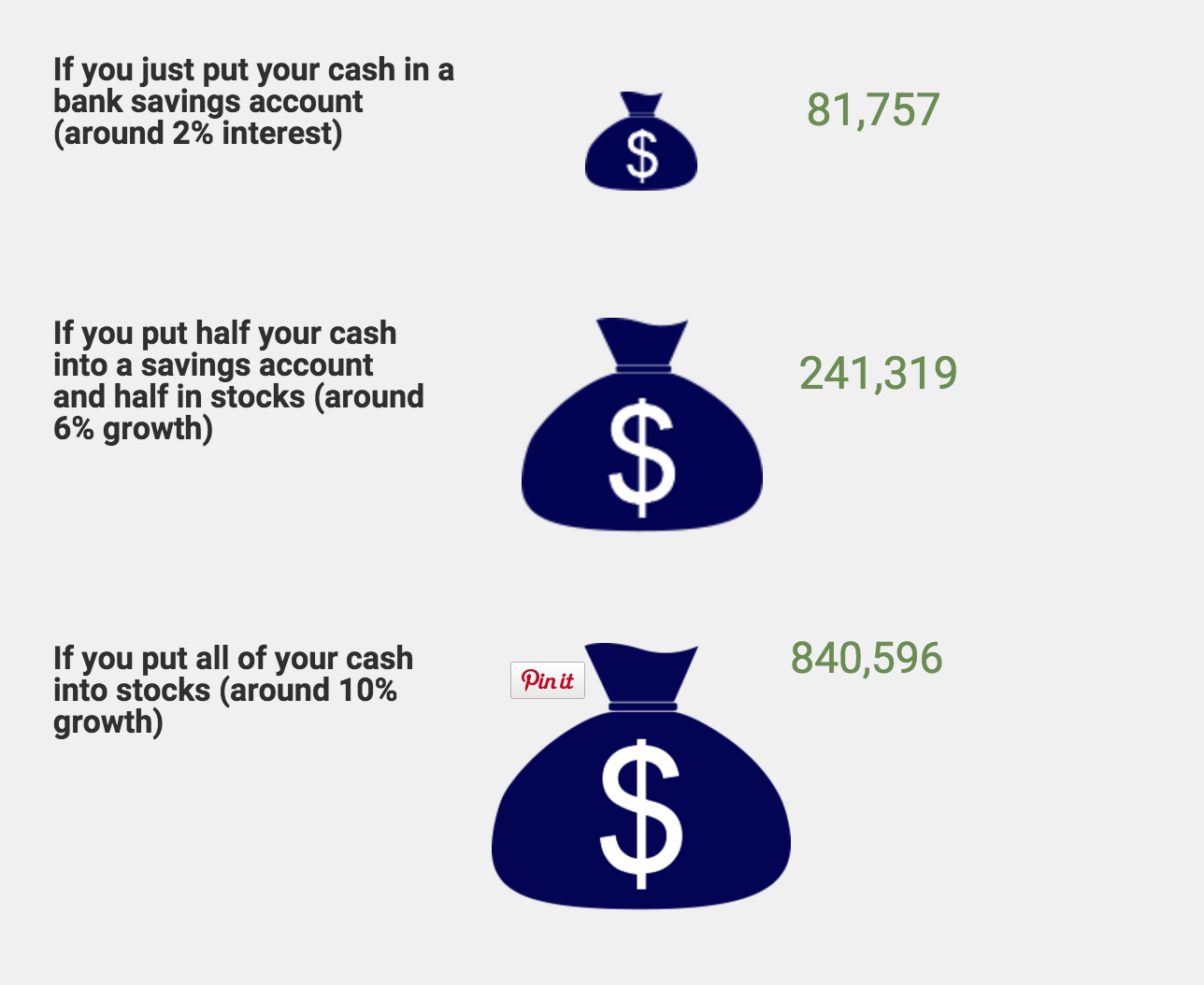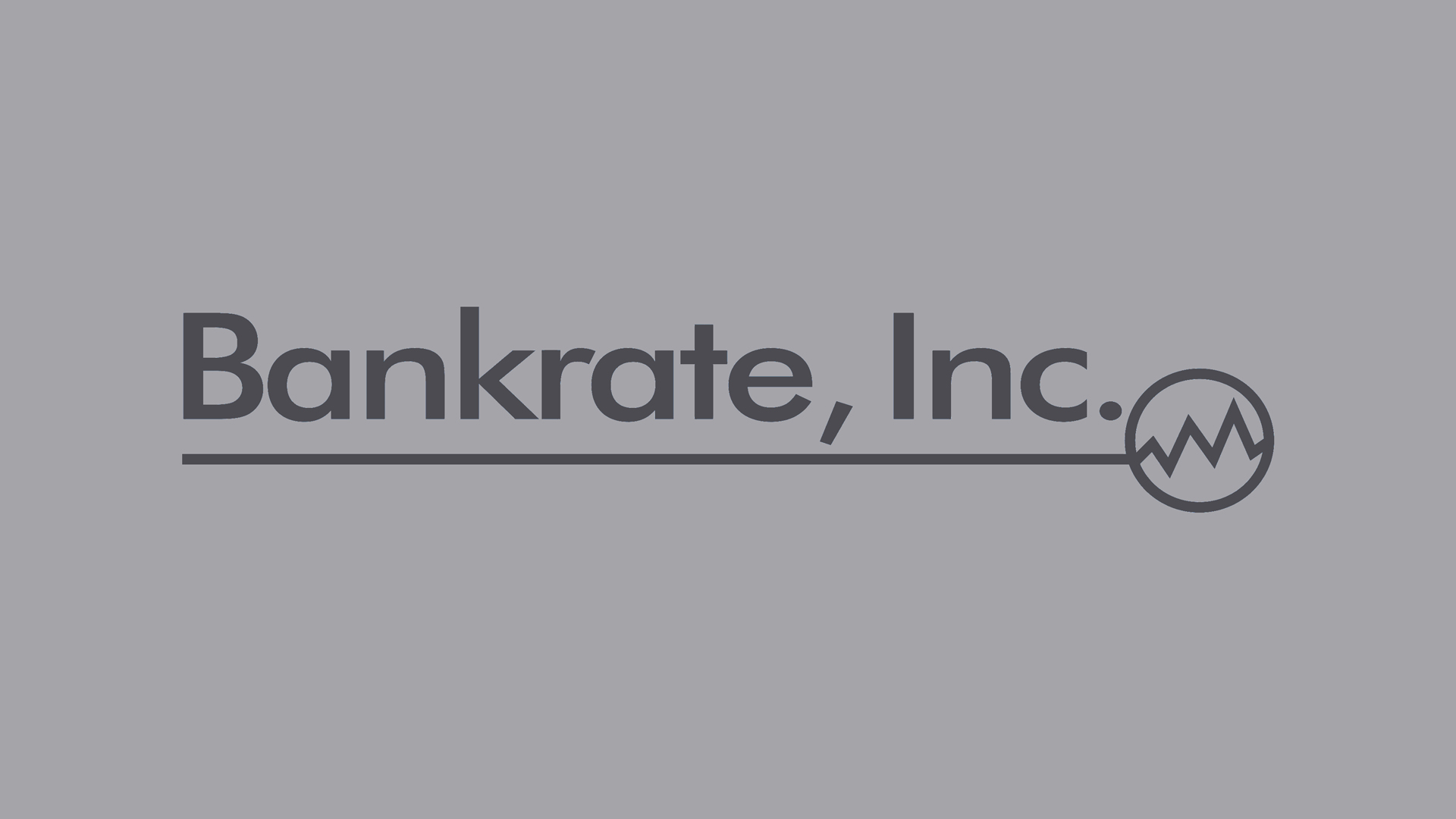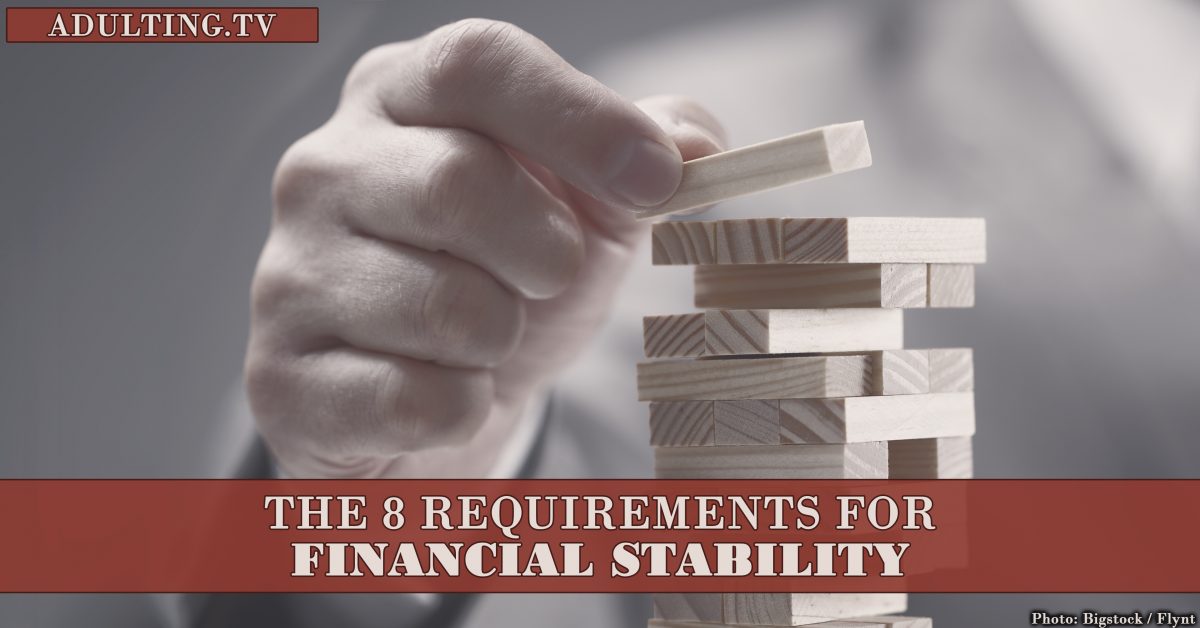Investing is one of those things that most of us stick in the “stuff I’ll have enough money to do later” file. We see investing as something you do when you aren’t broke af.
The best time to start investing is now, while you’re still young enough to recover from mistakes — and while you have time on your side. Even if you’re no longer “young,” you’ll never be younger than you are today, so investing belongs on today’s to-do list, not tomorrow’s.
It seems like a hopeless situation when you’re struggling with money right now. You know you should put your money to work, but you don’t have enough money to buy a couple hundred shares of Apple stock.
If you think you don’t have enough money to start investing, the good news is that you’re probably wrong. Even when you’re broke, you can still begin investing. It doesn’t take much to get started, and it’s also easier than you think.
Use a company retirement plan.
Now that you’ve got a real job, there’s a good chance that you have the option to contribute to a retirement plan offered by your employer. Many of us don’t think of putting money in a 401(k) as investing, but it is. There’s no substitute for good benefits, and if your company offers a plan, jump on it.
Talk to HR, and have some of your money diverted to a 401(k). If your company offers a match, that’s free money that you can use to invest. You won’t miss what you never see, which is why an automatic contribution from your paycheck is one of the best strategies when you want to invest when you’re broke. You won’t even miss the money from your paycheck. Just put away a small percentage of your paycheck to start —5% — or even 1%.
Your paycheck will be a smidge smaller but you won’t even notice — until you get those quarterly statements that show you how you’ve saved without realizing it.
Make dollar-cost averaging your bae.
The idea behind dollar-cost averaging is that you take a set amount of money each month (and you can start investing with as little as $25 or even less with WealthSimple) and invest it. Buy as many shares as you can with that money. Dollar-cost averaging is especially effective when you use your money to purchase low-cost index mutual funds or ETFs.
Here’s an example: With a regular paycheck going to a regular checking account, set up a plan at WealthSimple to automatically invest just $10 every paycheck. It adds up quickly, but you’ll barely notice it.
Indexing FTW.
Index funds and ETFs take all the work out of picking stocks. You get access to a section of the market, so the diversification is taken care of and you don’t have to worry about what happens when you choose wrong. I’m boring as hell when it comes to investing because I’m still into indexing. It’s how I roll.
If you’re putting money aside in a 401(k) from your paycheck, you’re already dollar-cost averaging — and probably indexing to boot.
If your company doesn’t have a retirement plan, you can still open your own. Many companies will let you open an IRA and put in as little as $50 per month (or even less). Make it automatic and you won’t have to think about it. I also like using Betterment to help me reach my goals. If you have $100 per month to invest, this can be a great way to get started.
Over time, you’ll grow your portfolio through consistency.
DRIP it up.

I like to invest in index funds and ETFs that pay dividends and automatically invest them. Many brokers and companies offer DRIPs, or plans that take dividends paid out to you and automatically use the money to buy additional shares.
Investing in dividends makes sense because dividends are payouts companies make based on the number of shares you own.
Use DRIPs to automatically buy more shares, and your next payout is larger. You can buy more shares and then get a bigger payout. It’s a beautiful cycle. My decision to use dollar-cost averaging with DRIP funds is the reason that my portfolio kept growing, even during the Great Recession.
You can find out more by watching this Facebook live on how to invest using dividends.
TBH, DRIPs seem pointless at first, especially if you invest when you’re broke. Who cares if you got a 20-cent payout? With automatic reinvesting, though, the cycle continues and eventually, as you stick with the dollar-cost averaging to buy more shares, and as your payouts get bigger, everything builds on itself.
It’s all about building a foundation and being consistent. As you put into practice these strategies TOGETHER, you are likely to see results over time.
Use your pocket change.
If you are absolutely certain that you can’t spare $50 a month for investing, consider using Acorns.
This app connects to your bank account and automatically rounds up your recent purchases and puts the difference in an investment account. The fees aren’t my favorite, but if you aren’t investing at all, and this will get you started, it’s better than nothing.
And once you get the hang of setting money aside, the next step is to open a Roth IRA at a brokerage — one that will result in fewer overall fees.
Commit to your money.
Once you start investing, look for ways to invest more. Don’t forget to increase the amount you invest as you earn more and climb the career ladder.
The spare change you invest now won’t completely fund your future. But it will give you a good start and help you start a habit that can benefit you for the rest of your life.
4 easy ways to start investing right now.
Even if you’re broke af, you can start investing today. Here are a few recommended actions you can take immediately, even if you don’t think you have spare change.
WealthSimple.
WealthSimple arrived in the United States after its success in Canada, and its strength is its cost. When you’re starting out with investing, you don’t want fees digging into your profits.
There’s no charge to transfer money from a bank account into your WealthSimple account. I started out with a $10 weekly investment, but you could start with $5 a month if you want, or if that’s all you can afford right now.
And there’s a special deal right now. If you open an account, you will receive a $50 bonus. Open an account today and get that $50.
When you sign up, you fill out a short questionnaire to determine how your money should be invested using a mix of exchange-traded funds — one of the most frugal ways to invest in stocks and bonds. You can accept their suggestions —and if you’re new to investing, that’s what we would suggest you do — or change them to suit your tastes if you have a little more experience with investing.
If your account stays under $5,000, you will not be charged any fee for the first year. Above or after that, the management fee is a small 0.5% — though, if you find yourself with more than $100,000 invested, they’ll reduce your fee to 0.4%. This is a great deal when it comes to investing, especially if you’re starting out with just a little bit of cash to invest.
LendingClub.
If you’re open to a different kind of approach to investing, take a look at LendingClub. Rather than investing in stocks and bonds, you’re investing in loans. The returns are similar to stocks, and the risk is managed. The only drawback is that your investment is a little less liquid. That means if you need the money you’ve invested in an emergency situation, it might be hard to withdraw immediately. (That’s why it’s always best to have an emergency fund.)
LendingClub helps you pick out the best investments and gives you a good idea of what you can expect to return. You can use your investment to create an income stream. There’s a higher minimum investment of $1,000, but you can save up in a savings account until you are ready to start. After that, you can increase your investment with only $25.
Open an account with LendingClub today.
Ally Invest.
Ally Invest is a discount brokerage with truly low prices. Yes, the $4.95 fee per trade will cut into your profits if you invest small amounts in stocks or ETFs. If you want to invest frequently, WealthSimple mentioned above might be a better option, though your investment selection is limited. On the other hand, Ally Invest really lets you take control of your investments. There’s less guidance, but more flexibility.
Ally Invest used to be known as TradeKing, which made its name as one of the most popular discount online brokerages.
Open an account with Ally Invest today.
Betterment.
This is one of the godfathers of robo-investing. Betterment uses ETFs to help you reach your goals through asset allocation. You’ll be asked questions about your objectives, and your time frame. I love Betterment and use it to save for retirement, as well as to save up for travel.
You don’t need a ton to get started investing with Betterment, and your account comes with free automatic rebalancing and tax loss harvesting, if applicable. I also like how easy it is to adjust your investments for new goals. Plus, with the IRA, you have the option to have Betterment figure out how to max it out each year.
Open an account with Betterment today.
Learn how to invest and get started today.
There are three great options above for getting started with your investment portfolio. One of the great things about these options is that you can take advantage of time-tested strategies used by the best investors in the world.
Get started, and then learn more about investing. While I mostly stick to indexing, after I got started just putting something away, I discovered that I could learn more about investing and experiment a little. Now, I invest in REITs, and occasionally try the odd cryptocurrency. You don’t want to stake your future on these types of investments, but as you learn, you can try new things with “extra” money.
Every adult should have an investment account, and every adult should invest for their future, regardless of how difficult it might feel to let go of even $1 of cash today.
Your future you will thank your today you. All you need to do is just take one simple step forward today — even if it’s not a huge step.







![[A097] Wall Street Walkers: Build Wealth Without the Stock Market](https://adulting.tv/wp-content/uploads/2017/11/a097-build-wealth-1200x628.jpg)



![[A073] Money Mission Impossible: Buy Low and Sell High](https://adulting.tv/wp-content/uploads/2017/05/a073-buy-low-sell-high-1200x628.jpg)
![[B025] When You’re Young But Forced to Adult ft. Tara Falcone, ReisUP](https://adulting.tv/wp-content/uploads/2017/05/forced-to-adult.jpg)
